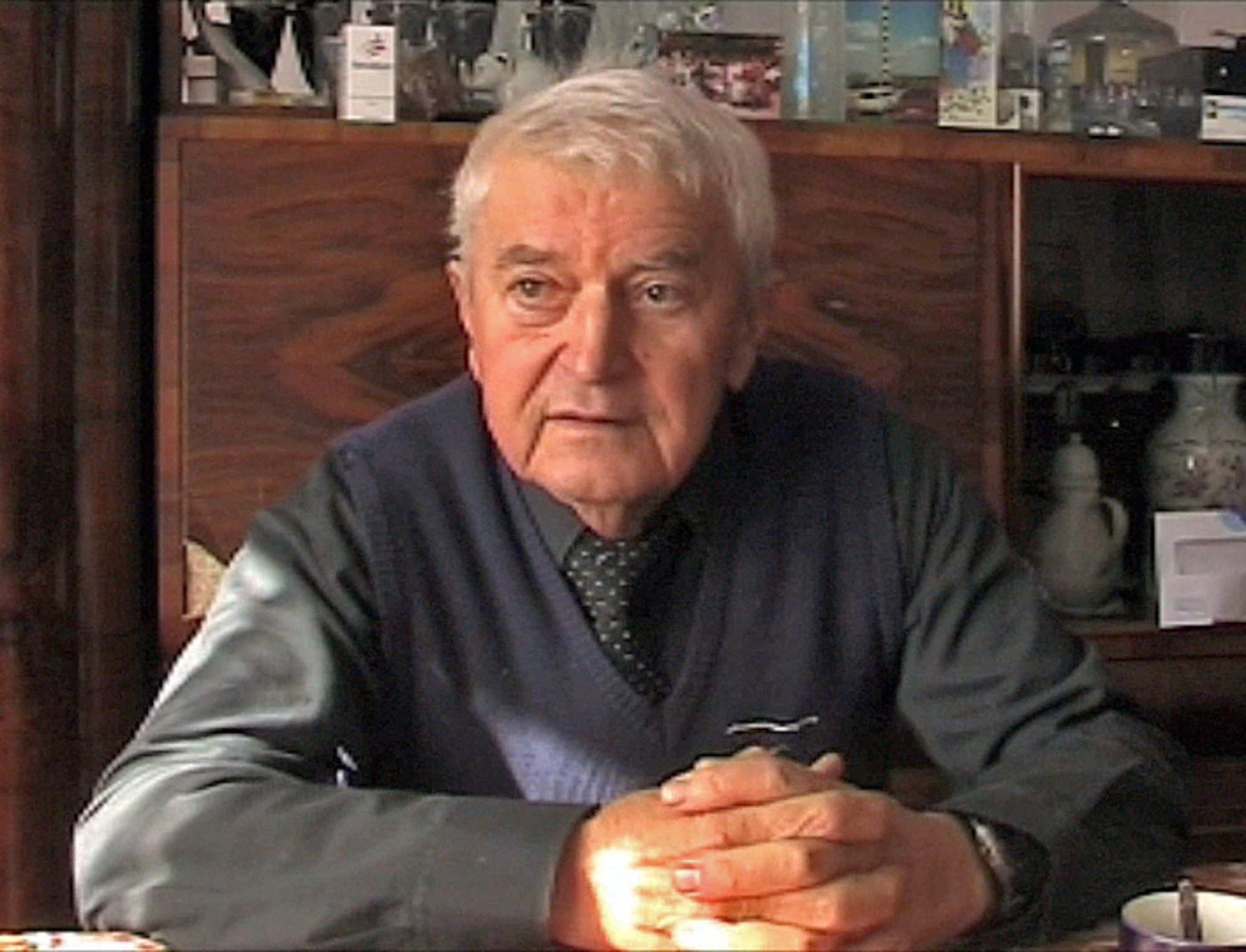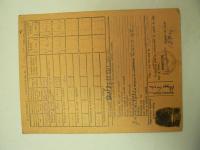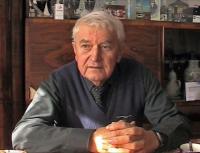I together with the other pupils from my high school had participated in many occasions to anticommunist manifestations, being part of a group guided by Sebesan. We organized as an organized which had as principle to fight against the Russians together with the Americans. One of us established connections with the group from the mountains. But, immediately after this episode we were arrested. I guess that one of the members of our organizations had spoken and from individual to another, they found out who we were and arrested us.
How was the time spent at Pitesti?
When I was in the centre of the cell 4-hospital I saw a lot of individuals who were shaking when the interrogations were organized by Turcanu. I was investigated by one called Bogos. His father had been prefect of Suceava, so he was of good family. We had to endure hours and hours for they to beat us with the belt over our faces while they saying: “Tell us the true, you bandit!”.
Coming back to your arrest. Were you in the same lot with Sebesan?
No, I wasn’t. I was part of a smaller organization.
Who was the leader from your trial?
Were Popescu Gheorghe and Leonida Titus from Iasi- both of them became later torturers. Popescu was shut together with the other members from the lot of Jilava. He probably was the smartest from our class, but he had a unilateral education: study and only this. Thus, he was weak and wasn’t capable of resisting to the beatings.
So, did he give up because of the torture?
I am sure this was the reason. Leonida was a guy with a practical sense, but… I remember that an individual at some point told me that I should not condemn Titus. I got angry on him for saying that, but later I understood that Titus has been constantly beaten up by the securitate officers, until he gave up and affiliated to the group of Turcanu.
How many people were in Turcanu’s group?
Approximately 12 individuals. They were used in different cells. Is possible to have been more than this, but I saw 12.
Did they act at Turcanu’s order or by their own initiative?
They acted influenced by Turcanu. In addition, they were reeducated by Nicolschi’s way of thinking, who was inspired by Makarenko’s model. From pressure combined with violence, they gave up. In this environment you needed physical and mental resistance. For example, I used to contradict Turcanu all the time. Once he took me in the “bombardment room”, like we used to call it, where he was beating and investigated us. He used violence against me, but I didn’t want to confess. The other members from the organization supposedly declared that we have wanted to attack an airplane at Mosnita. But, this was impossible given the fact we had only three guns and we were just some adventurous kids. I was brave when he opened this discussion, but he applied the maximum of his violence by beating me until I fell and hit my had on a table. I continued telling him that I had nothing to do with the episode he was talking about and that I didn’t know anything about that.
I guess you had to declare something during the investigations from Securitate.
I remember something about Captain Adam from Securitate, who intervened for me not be beaten up. He told me what the accusations under which I was brought there were and asked me to confess that I have given a gun to the organization. I told him I did not give the gun to the organization, but I have given it to Murarescu for repairing it. Then, he brought Murarescu for confrontation. Once he entered the room, Murarescu declared I have given the gun to the organization. Due to his confession, the captain said he did not need my declaration anymore, considering that already there persons have declared the same thing. Thus, I got away due to Adam, because I probably would have recognized other things because of the torture. I declared what we have established before the beatings from room 4, but if some of us wouldn’t have resisted we declared the same thing from Securitate. To extent all of us managed to keep to this plan, I don’t know. Each of us resisted more or less in accordance with our physical and metal possibilities.
How much time did you need to recover after an episode of torture?
I managed to recover quickly, because in boxing only the first ten punches in head are meant to impress you. They put in the centre of the room 4, which had approximately 16 m2. From that point I was able to observe each individual’s behavior. The majority of them were not used with punches or physical pressure and they gave in. One of the prisoners had gone insane because of the beatings. I remember he was from Suceava as Turcanu, and he was telling him that the communists were using him and then they would have got rid of him. For this, Turcanu was using an extreme level of violence on him. He did not recognize anything and remained faithful to his own beliefs although this meant insanity.
Was it possible for him to simulate insanity?
No, he wasn’t faking; he was beaten too many times.
Was it possible generally speaking to simulate for escaping the beatings?
No, no. Turcanu was a good psychologist. He was smart enough to baffle our plans and he was instructed by Nicolshi and other superior officers. While I was sitting in the centre of the room I was thinking that I also had the possibility to do the same thing as Turcanu. But, I wasn’t like him. A few resisted the pressure. One of the prisoners was a karate fighter, which helped him. Turcanu was beating him constantly until he got tired given its resistance.
How tall was Turcanu?
He wasn’t that tall, but he was square shouldered and had food.
Was he separately fed?
Of course he was fed in a special regime.
Did they come to help him?
Yes, all the time he asked for them. The action was well organized.
Do you know something about the first fight from Pitesti?
Vaguely. The fight was provoked by the director of the prison, Dumitrescu. He provoked the prisoners to fight each other. The guardians also participated to the fights. There were guardians who used belts to beat us.
Was it possible to resist the beatings from Pitesti?
At Pitesti they put under test everyone’s limits, and each of us had his own limits.
The only solution was for you to resist as much as you could.
Yes. And mentally to recover after. Some of us did not have the possibility to recover.
To what were you thinking for recovering mentally?
I practiced autosuggestion by repeating “I am not scared”, and after repeating over and over you let yourself to believe that is certitude. This helped me plus the years of boxing.
How old were you when these things happened?
I was 20 years old.
How much did you weight?
I guess I had 46 or 47 kilos considering the alimentary regime.


